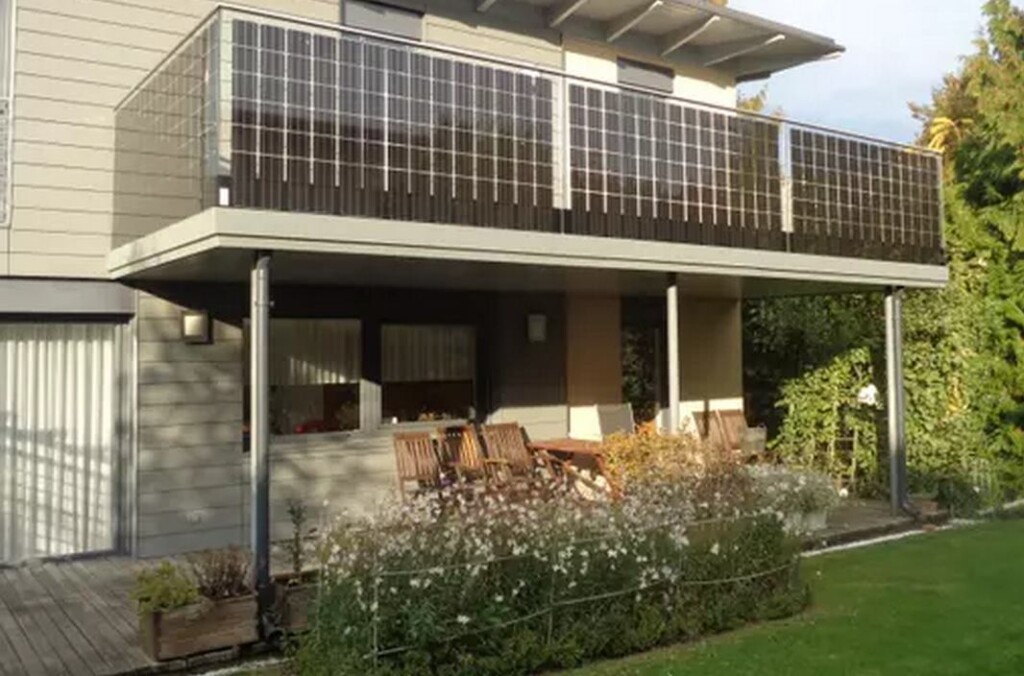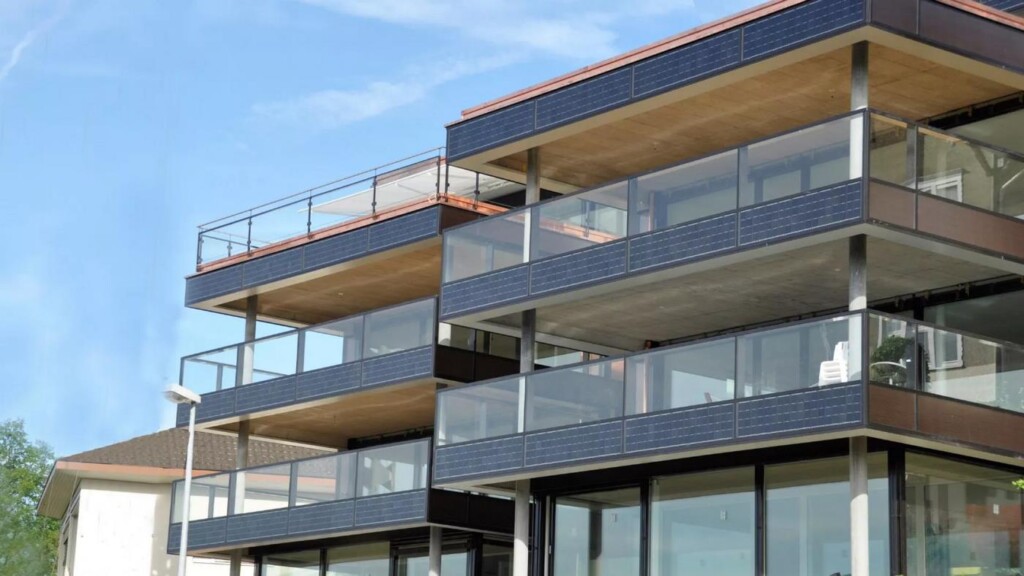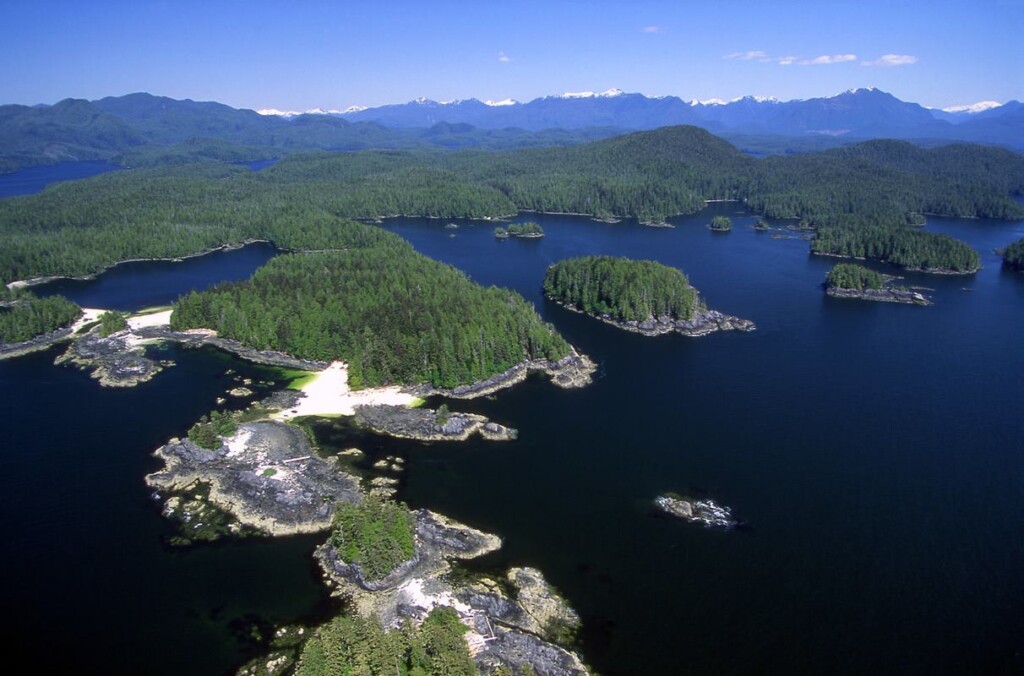
A solar balcony from Ertex Solar Austria.
Solar panels are finding their way onto all sorts of surprising surfaces, and now Central Europeans are beginning to line their balcony rails with them; because why not?
To mark the 70th anniversary of the solar cell’s mainstream entry into society, data acquired by Euronews claims that 400,000 German households have already connected their verandas and balconies to solar panels.
New data shows at least 50,000 of the PV devices were added in the first quarter of 2024 alone.
Easy to install—such that many do it themselves, the technology makes every bit of sense as rooftop PV solar panels. In the Northern Hemisphere, during the winter months especially, the sun comes at such a shallow angle that panels on a balcony may even exceed the power generation of those mounted on a roof.
They won’t generate more power, because they’re plugged into smaller sockets, but they present less of a hazard than rooftop solar, and may not even require installation fees. They can also be installed where people may not have the requisite sunlight, the property access, or the structural strength to install rooftop panels.
Jan Osenberg, a policy advisor at the SolarPower Europe association, told Euronews that 200 megawatts is a rough estimate of how much electricity is generated by solar balconies, compared to 22 gigawatts from all of Germany’s rooftop solar panels.
The technology has been a boom in Germany’s strong solar culture. More power is generated by solar in Germany than any other country in Europe.
 A solar balcony from Ertex Solar Austria.
A solar balcony from Ertex Solar Austria.“Rooftop solar really has this empowering momentum that people who start to have a solar system, they start to track their electricity consumption, they start to feel themselves as being someone who is a frontrunner in the energy transition, someone who supports the energy transition and is already a part of it,” says Osenberg.
Some German states offer subsidies for a solar balcony kit, which pays for itself in electricity savings after around 3-5 years of its 20-year lifespan. However, at 24 kilograms—over 50 pounds—installation needs to be taken deadly seriously, as a panel falling three or four stories onto someone might be lights out.
Europe has been getting progressively more inventive with the placement of its solar panels. GNN has reported on solar power installations. Source: https://www.goodnewsnetwork.org/solar-balconies-are-booming-in-germany-and-you-can-plug-in-and-install-them-yourself/

